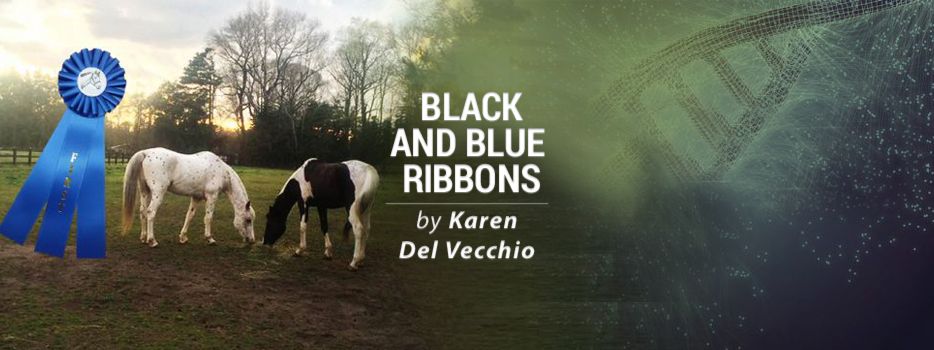Finding Our Common Ground
Written by |

People in the rare disease community experience a variety of syndromes that vary in both severity and how they affect people. Some aspects of rare diseases are universal, while others are unique to each person. For me, a supportive community is key to managing symptoms with a positive attitude, which is critical for my well-being and self-care.
While this isn’t the case for everyone, it has made a difference for me, particularly with my mental health. I’ve found that attitude and outlook are intertwined with my pain levels, and realistic positivity is important to pain management. So is the fact that my Ehlers-Danlos syndrome (EDS) is only one small part of who I am. There are so many other parts of me that aren’t on display, which is good. I believe that while my EDS affects me, it shouldn’t define me.
My life with EDS is different from yours. How I manage symptoms likely varies from how you do. That’s largely because EDS causes such a broad range of disorders that some people, like me, experience it more mildly, while others have more life-altering and debilitating symptoms.
I’ve always struggled with this. For example, how was I lucky to have moderate symptoms while others have more serious ones? How do I accept that my life experience with EDS is less severe than someone else’s? Sometimes I feel guilty that I can do more than others who technically have the same disorder.
Part of that is because EDS is such a broad spectrum of disorders. The latest classification system from 2017 organizes EDS into 13 types that vary widely in terms of impact and severity. I think it’s both positive and negative that there are so many types grouped together. While there are a number of underlying similarities, someone with vascular EDS would be more affected than someone like me, who has a milder version of hypermobile EDS. Is it better for them to be grouped together or to be considered separately?
One reason it’s difficult to answer that question is that I’ve never met another person with any type of EDS. It’s hard to meet others and find support in a rare disease community when this is true. It can make managing EDS, or other similar disorders, a lonely endeavor regardless of severity.
That’s why I find the community of Bionews — the publisher of this website — so wonderful. Columnists from around the world come together to talk about their lives and experiences with others who understand their symptoms more than most, even if they don’t understand them perfectly. While I don’t claim to fully understand someone whose symptoms are more severe and life-altering than mine, I can understand that if I have trouble managing physical pain, the emotional and mental health implications of chronic pain, and chronic exhaustion when I have mild to moderate symptoms, then someone with a more severe case has it much worse. And even if I haven’t experienced it at that level, I care about those who do.
***
Note: Ehlers-Danlos News is strictly a news and information website about the disease. It does not provide medical advice, diagnosis, or treatment. This content is not intended to be a substitute for professional medical advice, diagnosis, or treatment. Always seek the advice of your physician or other qualified health provider with any questions you may have regarding a medical condition. Never disregard professional medical advice or delay in seeking it because of something you have read on this website. The opinions expressed in this column are not those of Ehlers-Danlos News or its parent company, Bionews, and are intended to spark discussion about issues pertaining to Ehlers-Danlos.



Leave a comment
Fill in the required fields to post. Your email address will not be published.